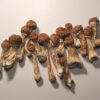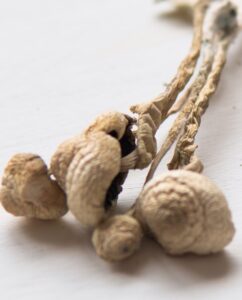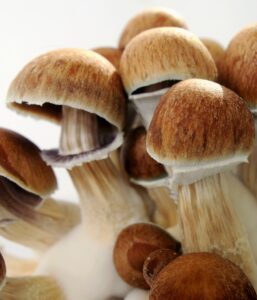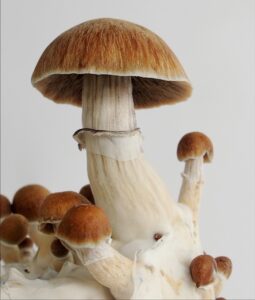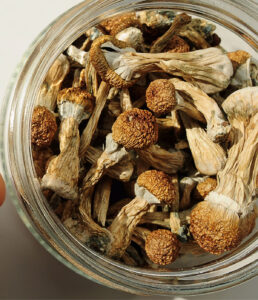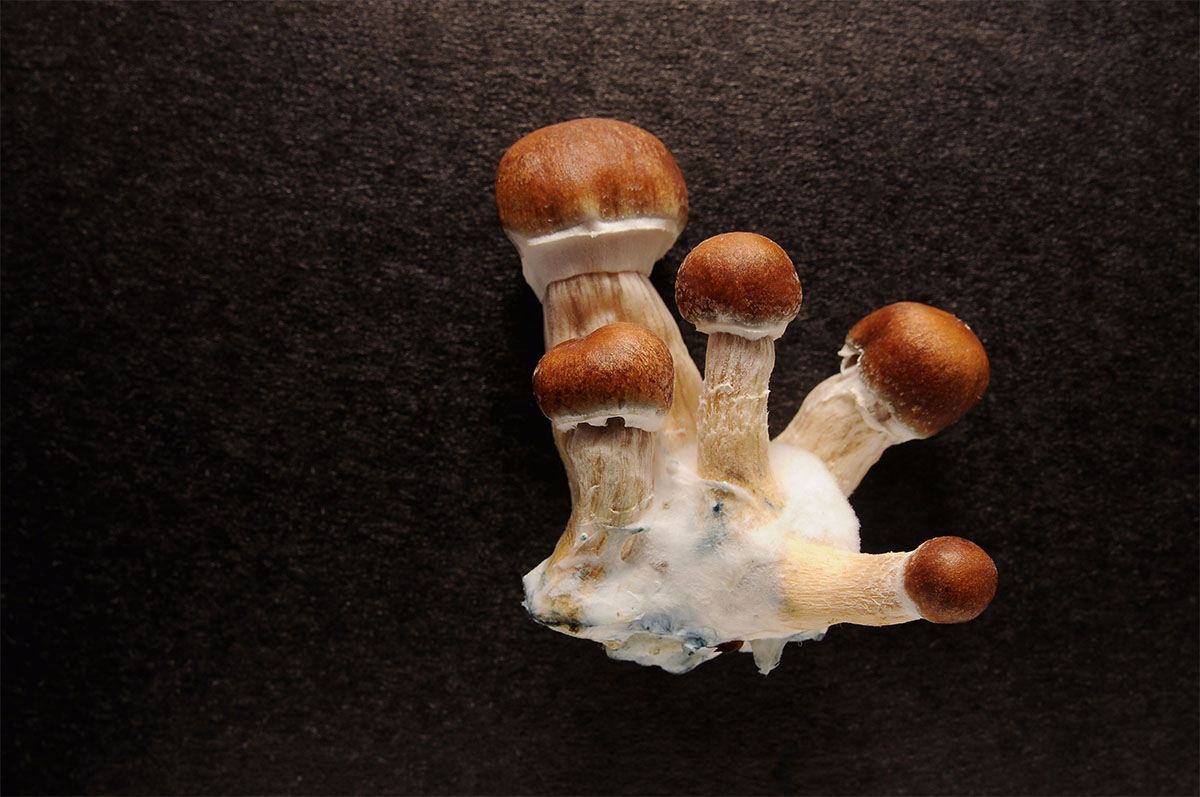
Summary of research article by Irizarry et al., published in Cureus, on November 22, 2022.
The article “Psilocybin as a Treatment for Psychiatric Illness: A Meta-Analysis” presents an in-depth examination of the potential benefits of psilocybin, a naturally occurring psychedelic compound found in certain mushroom species, for the treatment of various psychiatric disorders. This comprehensive meta-analysis investigates the efficacy of psilocybin therapy for conditions such as depression, anxiety, obsessive-compulsive disorder (OCD), post-traumatic stress disorder (PTSD), and substance use disorders.
Psilocybin has gained increased attention in recent years due to its potential therapeutic effects on mental health. The compound has been studied in a variety of clinical trials, which have demonstrated promising results in alleviating symptoms of several mental health disorders. The purpose of this meta-analysis is to synthesize the available evidence on the topic and provide a clearer understanding of the efficacy of psilocybin as a treatment option for psychiatric illnesses.
The authors of the article conducted a systematic review of the literature, searching multiple databases for randomized controlled trials (RCTs) that investigated the use of psilocybin for psychiatric disorders. A total of 25 studies were included in the analysis, with a combined sample size of 2,037 participants. The studies assessed the efficacy of psilocybin for depression, anxiety, OCD, PTSD, and substance use disorders, with treatment-resistant depression being the most commonly studied condition.
The results of the meta-analysis showed that psilocybin therapy was generally effective in reducing symptoms of psychiatric disorders. Patients receiving psilocybin demonstrated significant improvements in depressive symptoms, anxiety, and PTSD symptoms compared to control groups. Furthermore, psilocybin showed potential in reducing OCD symptoms and helping individuals with substance use disorders maintain abstinence or reduce their use.
Importantly, the authors also assessed the safety of psilocybin as a treatment. The analysis revealed that psilocybin was generally well-tolerated by participants, with few reported adverse effects. Most side effects were mild and transient, such as nausea, dizziness, and headaches. No serious adverse events were reported in the studies, suggesting that psilocybin may be a safe treatment option for psychiatric disorders when administered in controlled settings under the guidance of trained professionals.
Despite the promising results, the authors acknowledged several limitations in the current evidence base. Many of the included studies had small sample sizes, which may limit the generalizability of the findings. Additionally, the duration of follow-up in most studies was relatively short, making it difficult to assess the long-term efficacy of psilocybin therapy. The authors called for more large-scale, well-designed RCTs to further investigate the potential benefits and risks of psilocybin as a treatment for psychiatric disorders.
In conclusion, this meta-analysis provides a comprehensive overview of the current evidence on the efficacy of psilocybin as a treatment for various psychiatric illnesses. The results suggest that psilocybin therapy may offer a promising alternative or adjunct treatment option for patients with depression, anxiety, PTSD, OCD, and substance use disorders. However, more research is needed to fully understand the long-term effects and safety of psilocybin for psychiatric treatment.


